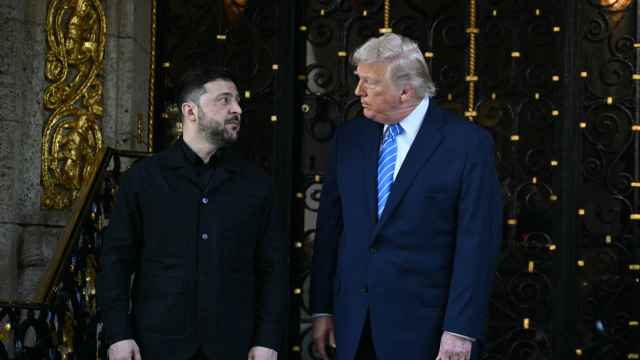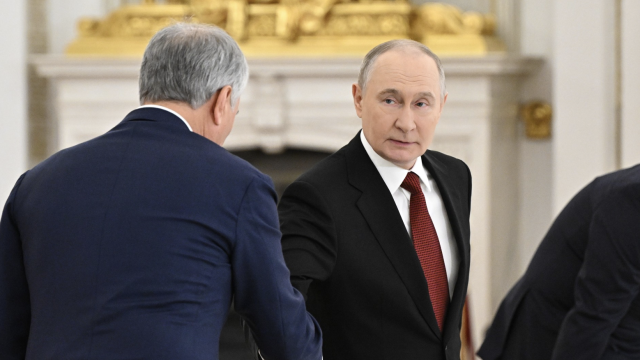As many as 24.5 percent of Russian borrowers owe money to three or four banks, the Equifax credit bureau said, citing data on 60 million people with debts.
In 2007, only 4 percent of borrowers fell into that category, while in April 2012 that figure stood at 21.1 percent.
The number of people owing money to five or more different banks before the crisis was 0.1 percent.
Two years ago, it was 1 percent, and now it stands at 3.5 percent. That is equivalent to more than 1 million people, said Oleg Lagutkin, the general director of Equifax.
Unsecured loans, the driving force behind growth in the banking sector, are expanding mainly among lower-income borrowers.
"Personal indebtedness started to rise sharply in the spring of 2011, when banks simplified procedures for granting loans, began to develop online credit and lowered their requirements for potential customers," Lagutkin said.
Seventy-six percent of people that turn to banks for credit already have a credit history.
"We are seeing that Russians are taking out loans from any bank that gives the best conditions or offers the simplest method of receiving credit," said Lagutkin. Since the majority of borrowers either cannot cope with the debt burden or lose track of their obligations, this impacts their credit consciousness and facilitates the worsening of their credit history, he added.
The debt burden is growing particularly fast among the poorest sections of the population.
"Among people with low income, especially in the regions, there is almost no one left that has not at some point taken out a loan," said Dmitry Rudenko, president of Leto Bank. Usually, this is short-term credit taken for purchases of home appliances or in cash."
"A category of borrowers has appeared that, according to an analysis of their credit history, takes out new credit in order to pay off the old one," Rudenko said.
The share of borrowers that have three to four loans has grown significantly in the last couple of years," said Aleksei Levchenko, the CEO of Renaissance Credit, adding that the debt burden is increasing among people earning less than 30,000 rubles ($940) per month. "This, of course, increases the risk for banks, and not only those that are dealing in high-risk credit," he said. "If borrowers lose their creditworthiness, all lenders suffer."
Having several loans already does not prohibit getting another one. "We do not filter out clients that are already servicing other credit. The most important thing is a good credit history," Rudenko said.
Almost all banks, including Renaissance Credit, grant loans to borrowers that have loans in other banks if those loans are being repaid without problems, he said.
Specialized retail banks barely look at a person's official earnings before granting unsecured loans. "In 80 percent of cases, we get information about the borrower from a credit bureau, and then assess the client's risk using our own scoring systems," Levchenko said.
Leto Bank, a subsidiary of state-owned VTB, requests no information of any kind about earnings. Loans of up to 100,000 rubles are granted upon provision of an internal passport and a second document, for example a bank card from another bank. Loans of up to 500,000 are given out on the basis of an internal passport and a driving license or an external passport.
A Message from The Moscow Times:
Dear readers,
We are facing unprecedented challenges. Russia's Prosecutor General's Office has designated The Moscow Times as an "undesirable" organization, criminalizing our work and putting our staff at risk of prosecution. This follows our earlier unjust labeling as a "foreign agent."
These actions are direct attempts to silence independent journalism in Russia. The authorities claim our work "discredits the decisions of the Russian leadership." We see things differently: we strive to provide accurate, unbiased reporting on Russia.
We, the journalists of The Moscow Times, refuse to be silenced. But to continue our work, we need your help.
Your support, no matter how small, makes a world of difference. If you can, please support us monthly starting from just $2. It's quick to set up, and every contribution makes a significant impact.
By supporting The Moscow Times, you're defending open, independent journalism in the face of repression. Thank you for standing with us.
Remind me later.





